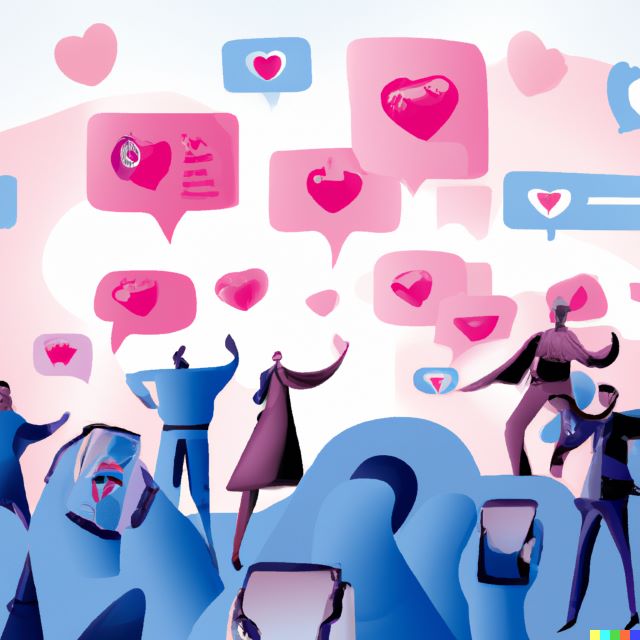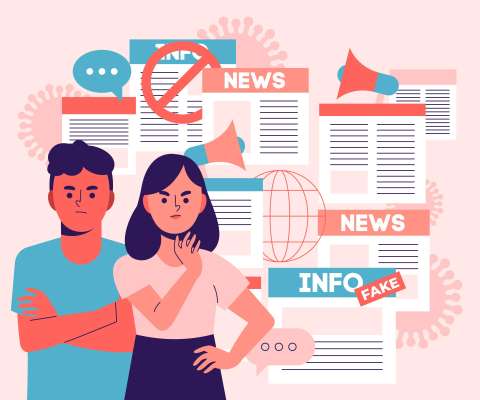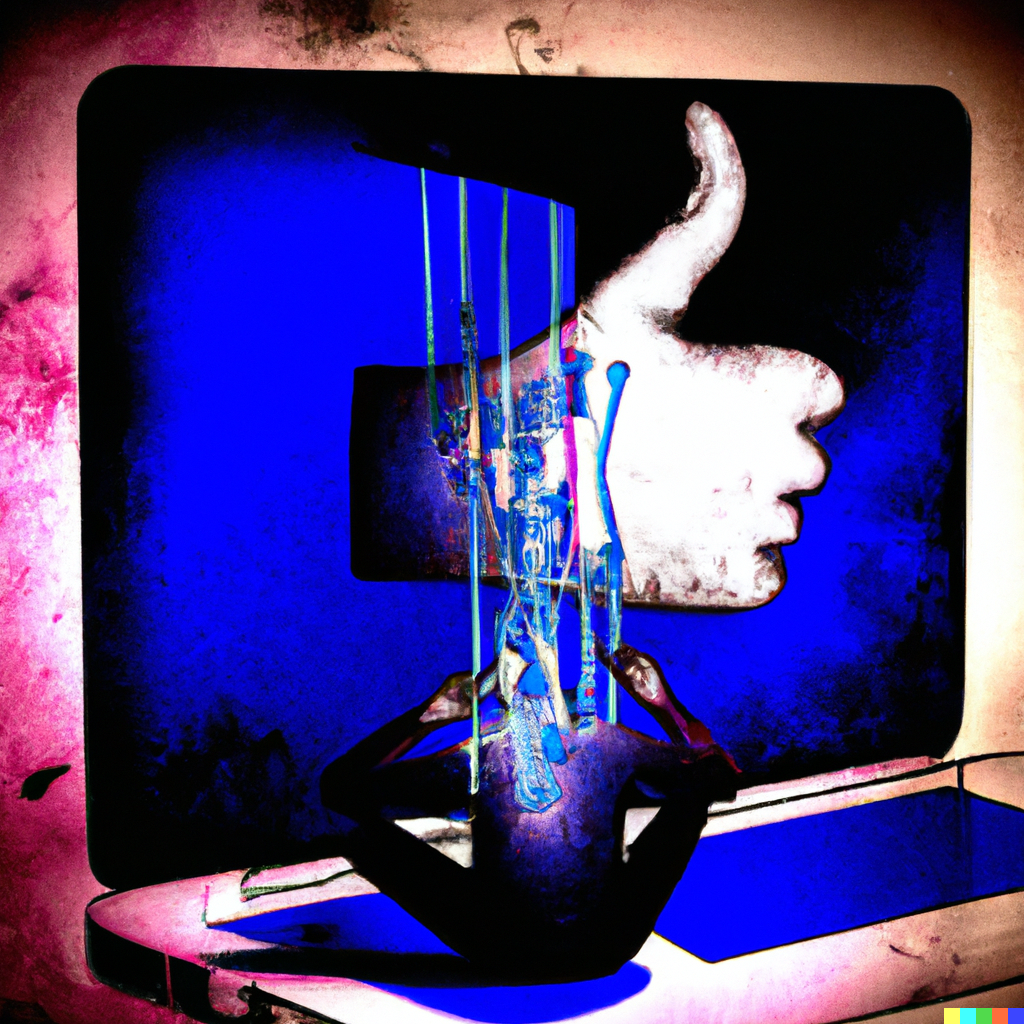How often you do hit the like 👍 & ❤️ buttons on social media !! Just because your friend liked and shared content doesn’t mean you have to. Not every piece of content or information on the internet is entirely genuine; some are fabricated.
How these “likes” sometimes change someone’s perspective towards any brand or content, how psychologically they influence you or mislead you into believing something that you never wanted to believe in the first place.
Social media likes can have both positive and negative effects on users. On the positive side, likes can provide validation and a sense of social acceptance. When users receive likes on their posts, they may feel appreciated and validated, which can boost their self-esteem and overall well-being. Additionally, likes can serve as a way to measure the popularity and relevance of a post, which can help users understand what content resonates with their followers.
So ever wondered how some post or content receives millions of likes and comments?
They can also create a harmful cycle of validation-seeking and self-comparison. When users constantly seek validation through likes, they may begin to prioritize the number of likes over the quality of their content, leading to a focus on creating attention-grabbing posts rather than meaningful content. Users may compare the number of likes they receive to those of their peers, leading to feelings of inadequacy and low self-worth. This can contribute to anxiety, depression, and other mental health issues
The algorithm behind likes may favor certain types of content or users, leading to an uneven distribution of likes that reinforces existing biases and inequalities. This can contribute to the marginalization of certain groups and the amplification of harmful stereotypes.
It is essential to prioritize creating meaningful content over seeking validation through likes.

How does this interfere with your perspective and become the truth for most of us?
As humans, we are wired to seek social acceptance and validation and social media platforms often use algorithms that prioritize content with a high number of likes and engagement thus making it tangible to measure. When we see that a post has received a high number of likes, we may assume that it is popular and relevant further cementing the idea that these posts are important and valuable. sometimes we fall for it like fake news where users can easily share posts and articles without verifying their accuracy.
Perhaps you’ve heard this saying If you tell a lie 1,000 times, it eventually becomes true.

Let’s understand the psychology behind it.
Confirmation bias: If someone already holds a certain belief or opinion, they are more likely to be influenced by a post that has a high number of likes if it supports their existing beliefs.
Bandwagon effect: When people see that a post has a lot of likes, they may be more likely to agree with the narrative set by the post, simply because they see that many others have also agreed with it. This is known as the “bandwagon effect.”
Authority bias: When someone sees that a post is liked by a large number of people, they may assume that the person or organization behind the post has more authority and credibility on the topic than they actually do. This can lead to a shift in their perspective on the topic.
However, it’s important to remember that the number of likes on a post is not always a reliable indicator of the accuracy or value of the information presented in the post. It’s always a good idea to fact-check and critically evaluate information, regardless of how many likes it has received.

